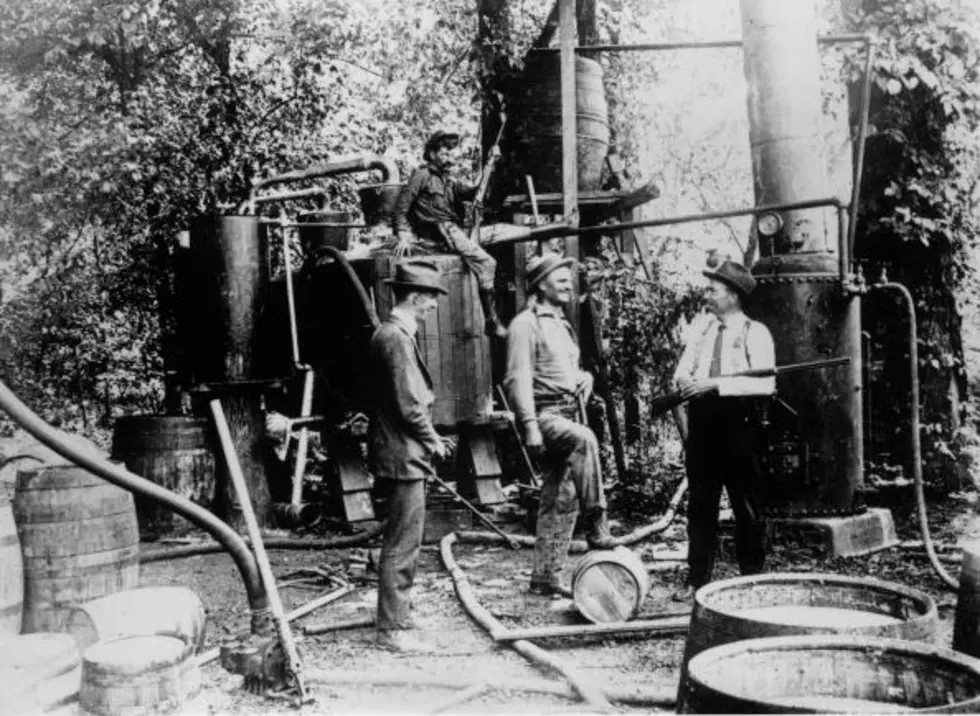
Prohibition Repealed
One of the most ironic events in modern history is Utah of all places casting the 36th vote to repeal the 18th Amendment of Prohibition. That vote took place eighty years ago today and became the 21st amendment to the US Constitution.
Why Prohibition In The First Place?
On November 18, 1918 Congress passed the temporary Wartime Prohibition Act. The purpose of this act was to save grain for the war effort by banning the sale of any alcoholic beverage having an alcohol content of more than 2.75 percent.
The following year Congress passed the Volstead Act over the veto of then President Woodrow Wilson. Much like today’s government the federal government at the time lacked the recourses to enforce the law. Many people were still able to drink in clubs known as a “speakeasy.” It was estimated that New York City has as many as 30,000 to 100,000 such clubs in operation.
Organized Crime Takes Over
Prohibition was successful in reducing drinking by American society but it did produce an underground economy that was not being taxed much like the illegal drug trade of today. The Volstead Act was an open invitation for organized crime to satisfy the demand for the illegal substances.
Those professing personal liberties, tax revenues and reduced incentive for criminals to profit from prohibition were arguments that easily fueled the repeal of Prohibition.
The Cullen-Harrison Act
Cullen–Harrison Act legalized beer and wine with an alcohol content of 3.2 percent by weight and was signed into law by President Franklin Roosevelt on March 22, 1933.
Just nine months later on December 5, 1933 the 21st Amendment was officially ratified. To this day, Federal law still prohibits the manufacture of distilled sprits without meeting numerous licensing requirements that make it prohibitive to produce those beverages for personal use. Home brewing of beer is subject to local laws and state regulations.
Some Final Thoughts
At the turn of the 20th century America was experiencing a lot of growing pains. Immigration was in full swing. The industrial revolution was beginning and the Civil War ended less than 70 years ago. Regulations were few and benefits to poor were non-existent. A lot of American’s were in pain and turned to alcohol for some kind of relief. Prohibition, while well intended, was a disaster because of the unintended consequences of that action.
Lack of enforcement, organized crime and lost tax revenue were hurdles to high to overcome in the long run. So Utah, a state known for its distain for alcohol in any version cast the deciding vote to legalize it. I wonder how they would vote today?
More From KMMS-KPRK 1450 AM







![[POLL] Will You Got Back to Restaurants and Bars When They Open?](http://townsquare.media/site/8/files/2017/04/Adam-Berry.jpg?w=980&q=75)
![[POLL] Should wearing a mask in public be mandatory?](http://townsquare.media/site/8/files/2020/04/GettyImages-1213079528.jpg?w=980&q=75)
